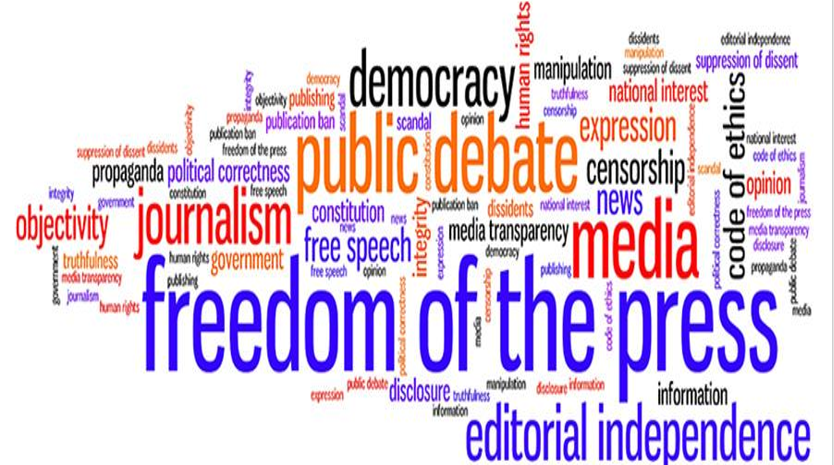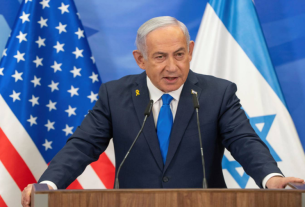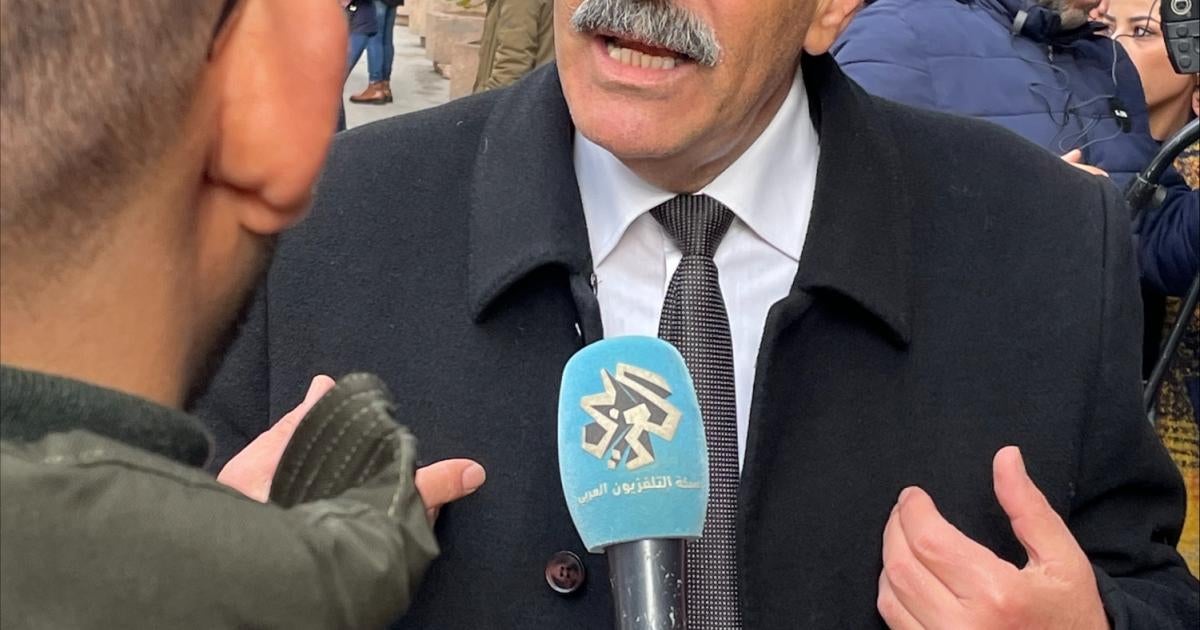Erbil, Iraq — The Committee to Protect Journalists (CPJ) has called on Iraqi Kurdish authorities to release journalist Sherwan Sherwani following a court decision that extended his prison sentence by four years and five months. The ruling, issued Tuesday by the Bnaslawa Misdemeanor Court, has intensified concerns over press freedom in the Kurdistan Region of Iraq (KR-I).
“Sentencing Sherwani for a third time on dubious charges and imposing the maximum penalty shows the authorities’ determination to silence his critical voice and keep him behind bars,” CPJ stated in a public appeal.
Background and Legal Proceedings
Sherwani, a freelance journalist and political commentator known for reporting on human rights, corruption, and military affairs in northern Iraq, was first arrested in 2020. In 2021, the Erbil Criminal Court sentenced him to six years in prison for allegedly “undermining national security.” That sentence was later reduced by presidential decree.
Subsequent convictions in 2023, related to document falsification, further extended his imprisonment. The latest sentence stems from allegations that Sherwani threatened a counter-terrorism officer and his family while in detention. Prosecutors cited Article 229 of the Iraqi Penal Code, which addresses assaults against state employees. Sherwani denies the charges, and his legal team has announced plans to appeal.
His lawyer, Mohammed Abdullah, described the ruling as “oppressive” and “predetermined,” arguing that it mirrors previous judgments and lacks due process.
Human Rights Concerns
Sherwani’s case has drawn attention from international human rights organizations, which view it as emblematic of broader systemic issues in the KR-I. Amnesty International has documented patterns of arbitrary arrests, allegations of torture, and unfair trials in the region. In 2023 alone, 37 journalists were arrested and 27 reported threats or physical attacks.
“No one should face harassment and intimidation simply for carrying out their journalistic work,” said Bissan Fakih, Amnesty’s Iraq campaigner. “Authorities should uphold human rights and press freedom”.
The Metro Center for Journalists’ Rights and Advocacy has echoed these concerns, citing coerced confessions and intimidation tactics as recurring issues. The Kurdistan Journalists’ Syndicate (KJS) reported 45 violations of media and journalist rights in 2024, including arrests, bans on coverage, and equipment confiscation.
While the International Federation of Journalists noted a decline in violations compared to previous years, it emphasized that the continued targeting of journalists undermines their safety and independence.
Government Response and Public Reaction
The Kurdistan Regional Government (KRG) maintains that the region is a “beacon of press freedom.” However, critics argue that the treatment of Sherwani and other independent journalists contradicts this claim.
Witnesses at Sherwani’s latest court hearing reported altercations between law enforcement and supporters, including allegations of physical force used against family members and activists. Civil society groups have condemned these incidents as further evidence of repression.
Looking Ahead
Sherwani’s legal team is preparing to challenge the latest sentence, while advocacy groups continue to call for his release. The case remains a focal point in the ongoing debate over press freedom and judicial independence in Iraqi Kurdistan.
As international attention grows, observers are watching closely to see whether the KRG will respond to mounting pressure or continue its current trajectory.
Excerpts from jurist.org article by Mahmoud Chahrour | U. Ottawa Faculty of Law, CA



